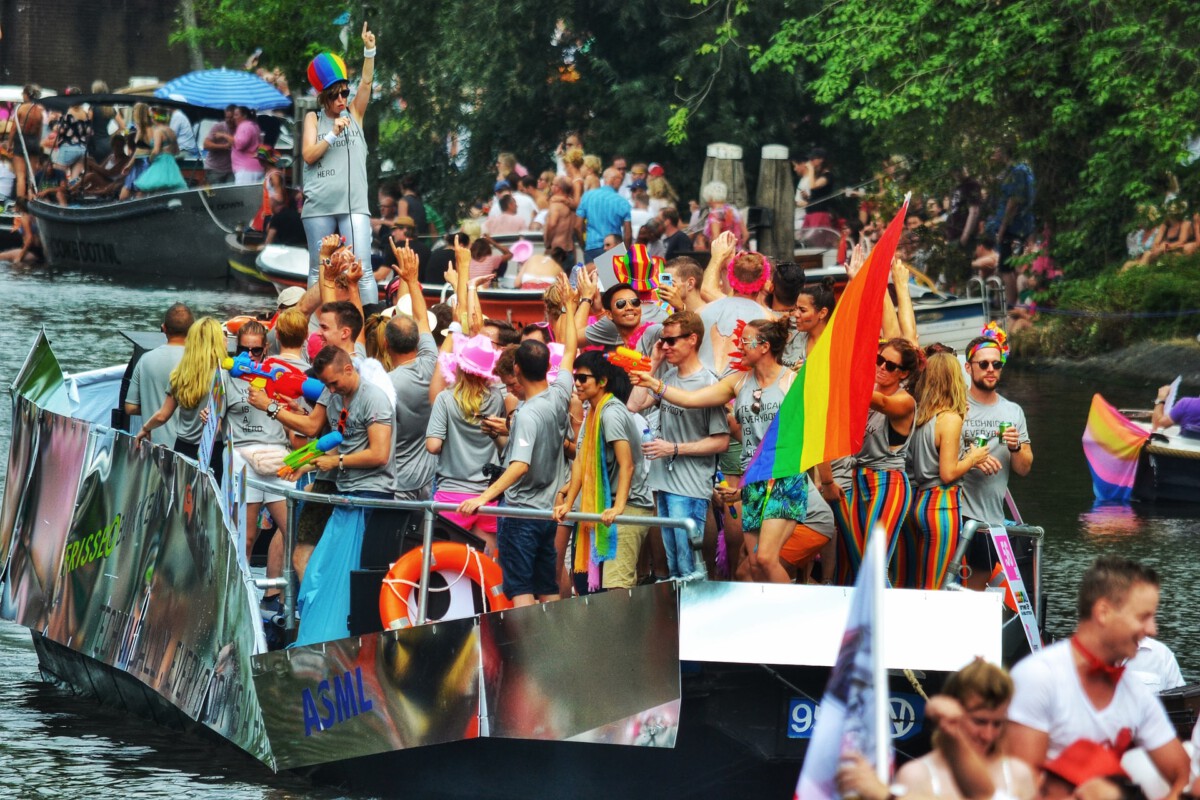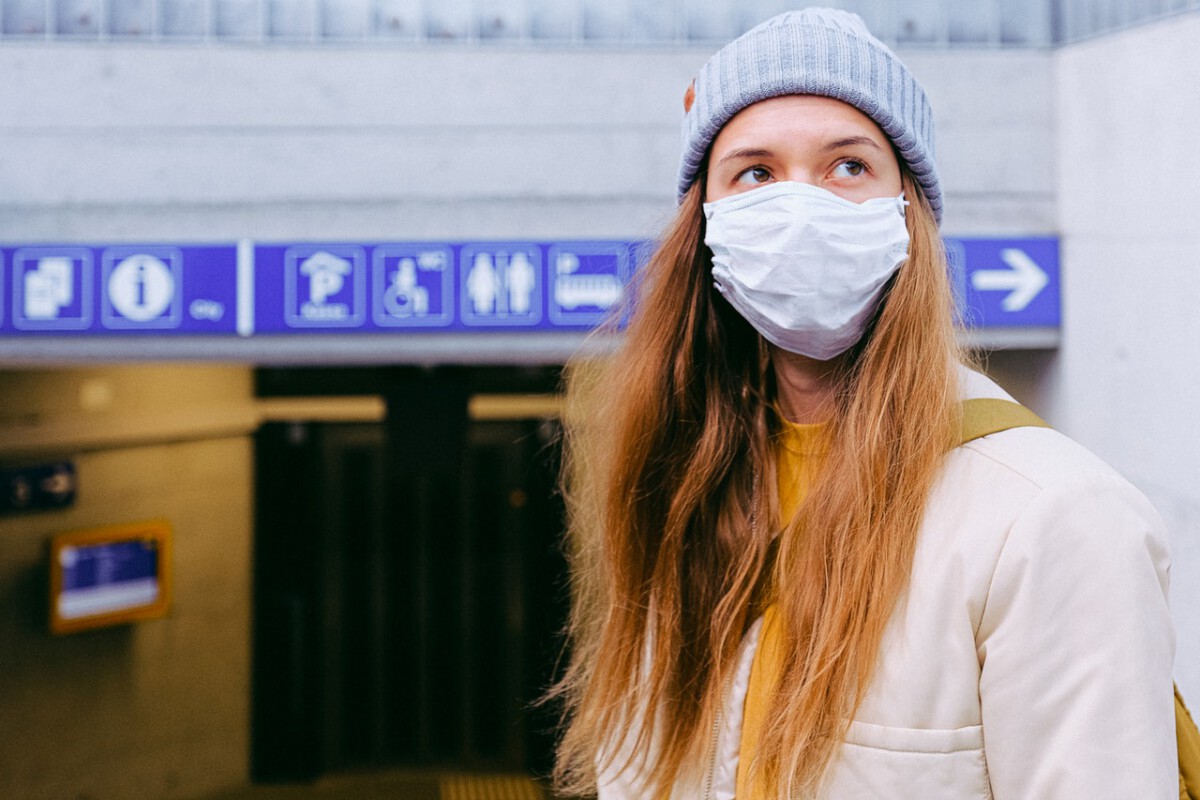“Met elkaar en voor elkaar”, with each other, for each other. You may be thinking that the quote above must be an encouraging slogan used during coronatimes: a supportive message, cheering on critical workers and the masses in an article addressing the sacrifices we must make.
How I do wish that were the case.
The quote is instead taken from an article from Viruswaarheid, the protest group making its way all across Dutch news and social media.
It is a quote from one of the many articles protesting the corona measures from mandatory face masks, to lockdowns, to vaccines, to 1.5m social distancing — name a measure, odds are there is or will be an article against it.
This one in particular describes how by refusing to wear a mask, one couple inspired a fellow citizen outside Lidl.
The Netherlands and anti-measures protests
With flyers spreading disinformation about the Dutch coronavirus and recent protests over the coronavirus measures gaining popularity in the news and social media, it is easy to make jokes about the “facts.”
Misinformation is spreading so fast nowadays it’s almost as if the virus we’re suffering from is in fact gullibility and not COVID — these days, the former certainly seems as (perhaps even more) contagious than the latter.
Unfortunately, this is not merely one or two lone nonconformists but hundreds and thousands of people resisting the measures, with successful lawsuits against the rules — such as the curfew — and even violent anti-lockdown protests.
Thus, the question must be explored — does wearing a mask limit your freedom? And if your answer is yes, what does freedom mean to you?
Freedom and the Netherlands
The Netherlands has always stood as a prominent example of liberalism. It’s a country reputed for its progressive policies tackling gender equality, discrimination, climate change, the poverty gap, and sexual orientation.

It’s a freedom that is well rooted in history, in the economic liberalism that founded the world’s first stock market, the religious tolerance that separated church from state, and the intellectual freedom that attracted scholars all over Europe creating a dynamic publishing center.
Growing up in Hong Kong, where buying, selling, or smoking weed carries a maximum prison sentence of seven years and a fine of 100,000 euros, I often find myself in awe of the freedoms I witness living in Amsterdam.
The freedom I’ve always found here is one that is open, inspiring, tolerated, humbling, and often humorous in a laugh-in-disbelief type of way.
Some sacrifices can be made
Protestors and anti-mask groups have framed recent corona rules as antithetical to these freedoms. However, one only has to look to at the widespread opinions on the Dutch tax system to see how this is not the case.
Ask most Dutch people about the tax system, and on average many Dutch people see the system as mostly “fair”, “balanced”, and “just”. Coming from an income tax system in Hong Kong that is almost nonexistent, I incredulously did exactly that — asked Dutch friends how they were willing to pay what to me seems like exorbitant taxes (although what wouldn’t seem high compared to the HK maximum of 17% in its highest bracket).
The answers were always an amalgamation of the same elements — while the taxes may be high, it is worth it to ensure everything (mostly) works the way it should such as healthcare, education, and social services. This way, everyone is more or less taken care of, and in doing so the taxpayer can live his/her own life without worry as well.
READ MORE| Tax returns in the Netherlands in 2021: the expat basics
Ok, so why not wear a face mask?
It’s this last sentiment that is key to this article’s question. That higher tax appears to imply more freedom, and that by caring for others you ultimately care for yourself. Thus, I wonder if we can equate these sentiments of taxes and face masks to each other — the idea that sacrificing what may seem like our freedoms, ultimately leads to freedom.

Confusing? I’ll rephrase — like high taxes, while masks and other coronavirus measures may seem uncomfortable and in some cases even exorbitant, they’re in fact there to ensure your freedom. They do this by limiting the uncontrolled spread of the virus just as taxes aim to prevent strain on social institutions.
Following this logic, face masks don’t limit your freedom; they promote it. It’s hard to have freedom when a country is overrun with those suffering from a pandemic.
One only has to look at Hong Kong for a hint of this: while it is without any shade of doubt easier to manage a city of 7.5 million than a country of 17.5 million, it is still a city where businesses and restaurants have largely remained open the entire length of the pandemic.
So, let’s wear a mask: not to give up our freedom, but to ensure it. With each other, for each other.
What are your thoughts on wearing a face mask? Tell us your thoughts in the comments below!
Feature Image: Anton/Unsplash






One of the reasons that some of the Dutch resisted wearing the masks was that the government at first told people that wearing the masks was not effective, especially if one didn’t apply the properly.
The real reason why they gave this advice was that they were afraid that there would be a run on the masks (as with toiletpaper) and that hospitals would be without. There was in fact a scarcity of the masks in the early days of the pandemic.
This negative advice obviously made it more difficult to get them to be widely accepted later.